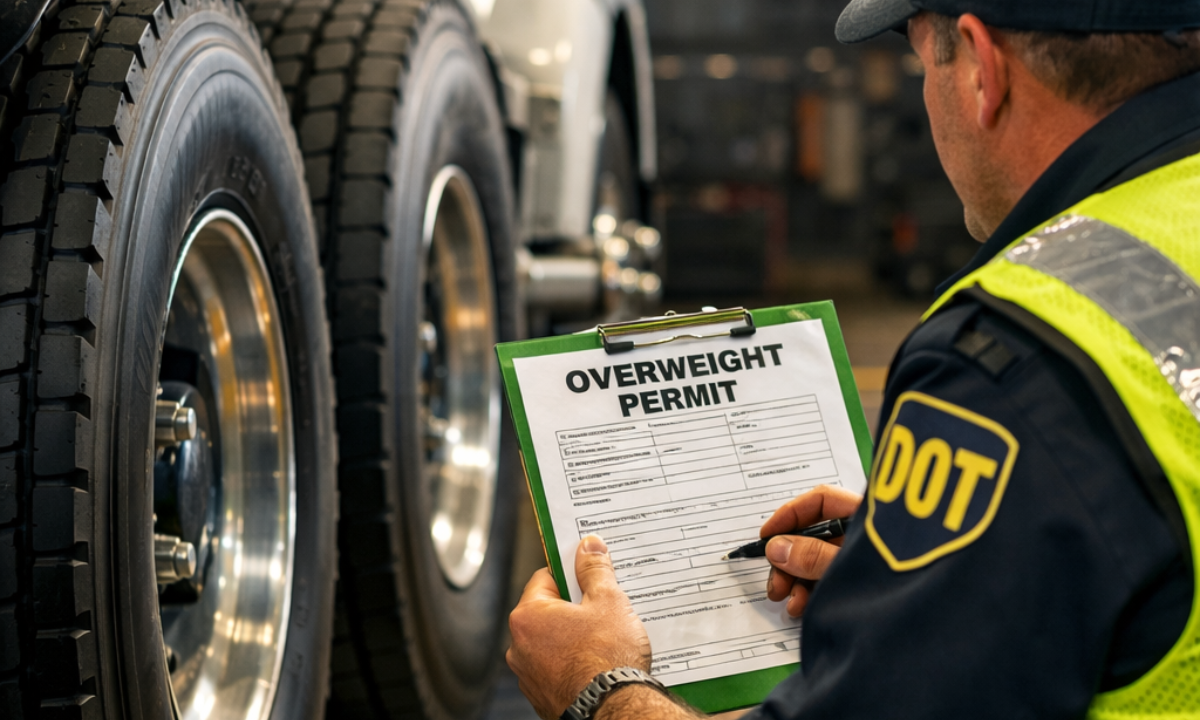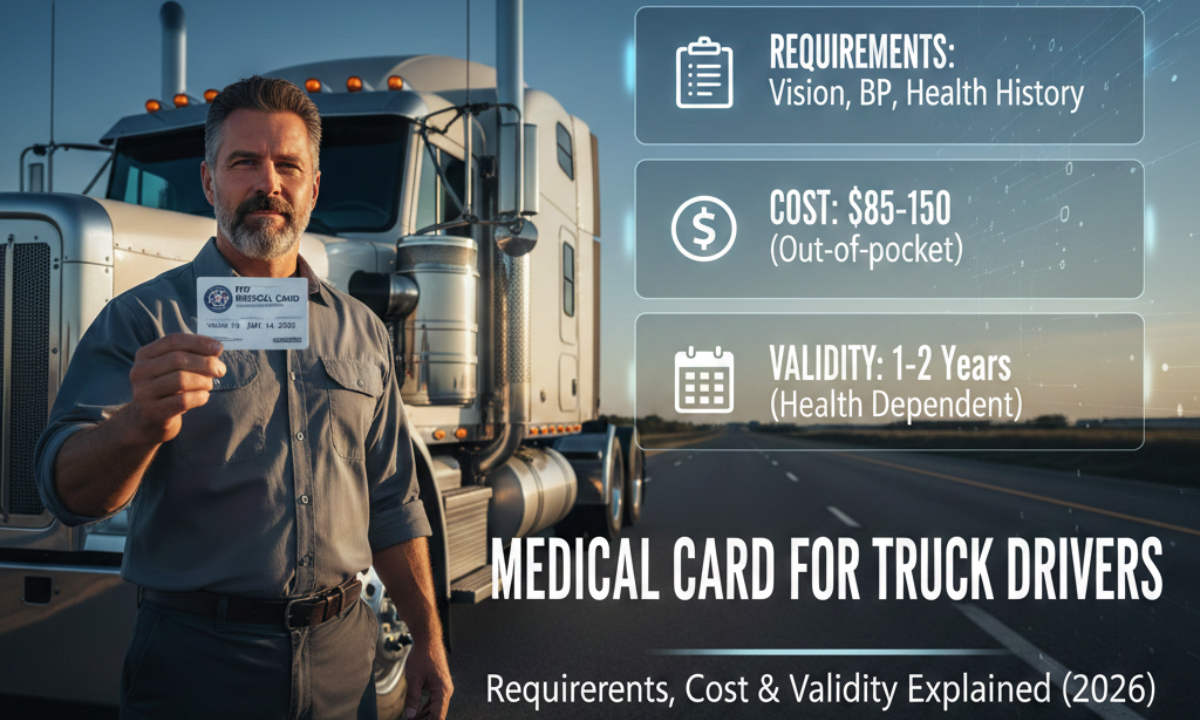Owner-Operator vs. Company Driver – Which Path is Right for You?
One decision of utmost importance in a truck-driving career would be the choice between becoming an owner-operator and being employed, driving someone else’s vehicle. Either of these two options offers many rewards, yet they entail differing responsibilities and risks. Understanding such differences is an integral part of helping aspiring drivers streamline their goals with the appropriate career path.
Understanding the Role of a Company Driver
A company driver is someone who is hired by a company to drive on an employer’s behalf. This role would suit persons desiring job security, fixed pay, and minimum overhead by way of operating costs.
Advantages:
- There is no investment required on the part of the driver for vehicles or other necessary equipment.
- Employees will be able to access pension schemes, medical schemes, and other such benefits offered by the company.
- The driver is assured of predictable routes and schedules with a set paycheck.
- Maintenance, fuel costs, and insurance are taken care of by the employer.
Disadvantages:
- There is limited freedom and flexibility in choosing particular routes or particular loads.
- Little control over the condition and maintenance of the vehicle.
- Set earnings potential; not many opportunities to grow the profit.
Owner-Operator: Is This the Path for You?
Owner-operators are self-employed truck drivers who either own or lease a commercial truck to contract for freight services through various companies or clients and are favored by those with the entrepreneurial spirit in mind within freight and logistics.
Pros:
- Everything about running the business is up to the owner-operator, and this includes decisions regarding what loads to take, when to leave for pick-up, and even what routes to take.
- Higher profit margins and being in a position to negotiate rates directly.
- Tax write-offs for things such as fuel, repairs, insurance, company lease payments.
Cons:
- High initial costs in the buying or leasing of trucks.
- Truck maintenance, compliance, permits, and insurance – all responsibility of the owner.
- Variable income because of market fluctuations or downtimes.
- Time spent on administrative and business work.
Financial Aspects: Upfront Costs Vs. Long-Term Profit
In general, a company driver may have a steady paycheck where financial risks are lower, whereas an owner-operator may gain a higher income, in proportion to the growing cost of operation, taxes, and risks related to business.
| Category | Company Driver | Owner-Operator |
| Initial Investment | None | Very much (truck, insurance, etc.) |
| Paycheck | Consistent | Higher (with variable profit) |
| Operating Expenses | Covered by employer | Self-covered |
| Risk | Less | Very high |
Work-Lives and Lifestyle Effects
Company drivers are more structured with their lives at work: They usually make it home more often than their owner-operator counterparts, who take more responsibilities. These operator-drivers are free to set their schedules, although they may find that longer hauls diminish the time available for personal matters.
Career Growth and Long-Term Goals
If one desires a company for work, with all the perks, security, and stability, driving for the company is the way to go. On the other hand, those who may be keen about scaling their income-a possibility of even growing a fleet and eventually owning freight businesses-would fit in perfectly as owner-operators.
Choosing the Right Option: Self-assessment is the Key
The right path will depend upon personal priorities:
- Freedom vs. stability of mind
- Willingness to take risk and responsibility
- Access to capital and business management skills
- Short-term immediate needs vs. Long-term trucking career growth
Conclusion: Driving Toward the Right Future
Both owner-operators and company drivers are crucial to the transportation industry. By carefully weighing personal goals, monetary status, and the level of risk one is willing to take, the chosen route should be embraced. Be it self-employment or a company driver, your success in the trucking world will depend on an informed decision and an excellent work ethic.
Disclaimer: The information provided in this blog post is for general informational purposes only. While we strive to keep the content accurate and up to date, we do not guarantee its completeness, reliability, or accuracy. Any actions you take based on this information are strictly at your own risk. We are not responsible for any losses, damages, or inconveniences that may arise from the use of this blog.












